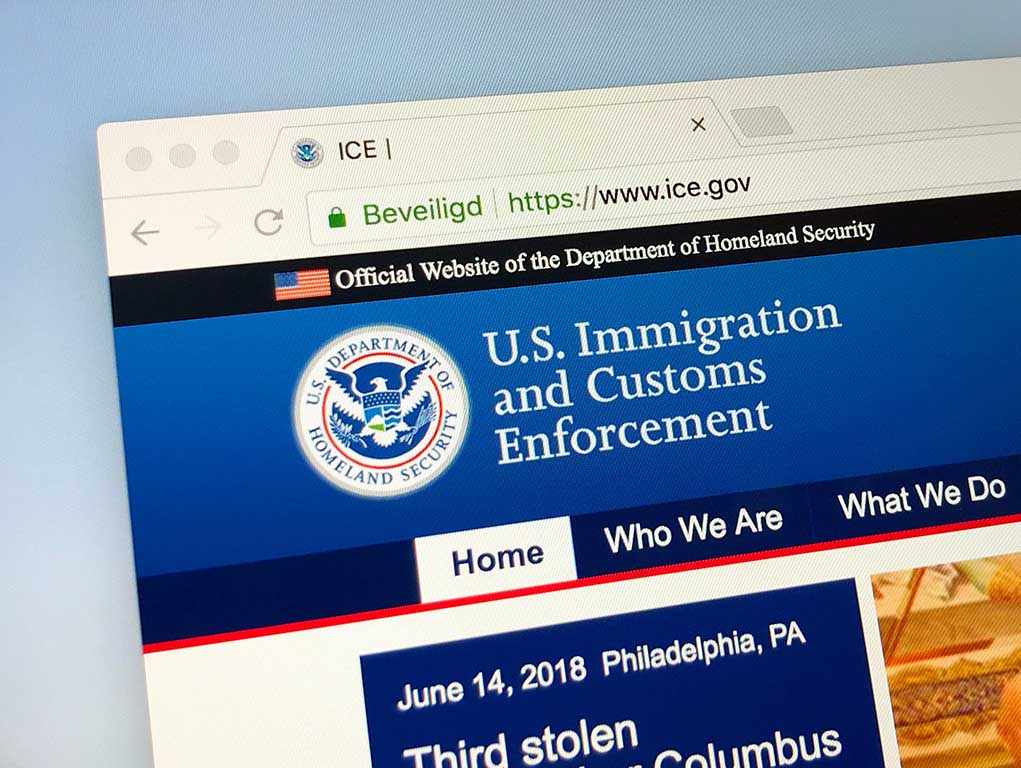
Helicopters slicing the Chicago sky, ICE agents rappelling onto rooftops—Operation Midway Blitz has turned routine immigration enforcement into a high-stakes hunt that’s reshaping the city’s gang landscape and igniting political tensions that could ripple far beyond the Windy City.
Story Snapshot
- Operation Midway Blitz is escalating federal action against suspected gang members in Chicago.
- ICE agents are deploying military-style tactics, stirring anxiety among city residents and local leaders.
- Trump’s intensifying crackdown is deepening divides between city officials and federal authorities.
- Surging law enforcement activity is fueling fears of collateral impact on immigrant communities.
Helicopters, High-Rises, and High Tension: The New Face of ICE Operations
Chicago’s skyline has become the backdrop for a spectacle more reminiscent of a war zone than a police action. Since early September, Operation Midway Blitz has seen ICE agents descend from helicopters onto apartment rooftops, targeting suspected members of the TDA gang. Residents describe the scenes as surreal—floodlights sweeping alleyways, tactical teams making swift entries, and the persistent thrum of rotor blades overhead. The operation’s scale and intensity have left neighborhoods on edge and prompted questions about the balance between public safety and civil liberties.
Local leaders and law enforcement officials are caught in a crossfire of competing priorities. While some praise the federal surge as a necessary response to gang violence, others argue that such aggressive tactics risk alienating entire communities. The tension isn’t just political but personal—families worry about the sudden presence of heavily armed agents, and community organizers scramble to reassure residents. The city’s effort to maintain order now hinges on delicate cooperation between federal agencies and local police, a partnership strained by differing philosophies and the looming shadow of national politics.
Chicago as a Battleground for Policy and Power
Donald Trump’s renewed focus on urban crime and immigration enforcement has made Chicago a flashpoint in the national debate over law and order. The president’s rhetoric frames Operation Midway Blitz as a model for reclaiming cities from criminal gangs, but opponents see it as an escalation that risks collateral damage. City officials, wary of federal overreach, have called for restraint and accountability, warning that indiscriminate raids could undermine trust in law enforcement and disrupt the fragile fabric of immigrant communities.
The stakes extend beyond immediate arrests. Federal action in Chicago is being watched closely by other major cities, each contemplating how to balance crime prevention with constitutional protections. The operation’s outcomes could set precedents that shape urban policing strategies for years to come. For older residents who remember previous waves of law enforcement crackdowns, the current moment evokes uneasy memories—while younger generations face a new reality where helicopters and tactical gear are part of the city’s soundscape.
Community Fallout and Open Questions
As Operation Midway Blitz unfolds, its impact on Chicago’s neighborhoods remains uncertain. Some community leaders warn that aggressive raids may drive vulnerable residents further underground, making them less likely to cooperate with police or seek help. Others argue that decisive action is necessary to stem gang violence and restore public confidence. The debate highlights a fundamental tension between security and civil rights—a tension unlikely to resolve soon, especially as the presidential campaign heats up and enforcement priorities shift.
Will ICE’s show of force deter criminal activity or simply move it elsewhere? Can city and federal authorities find common ground amid political polarization? How will immigrant families navigate the new landscape of fear and uncertainty? These questions linger, keeping Chicagoans—and the nation—on edge as helicopters continue their nightly patrols.
Sources:
ICE Agents Rappel From Black Hawk Helicopters Into Chicago for Major Raid




